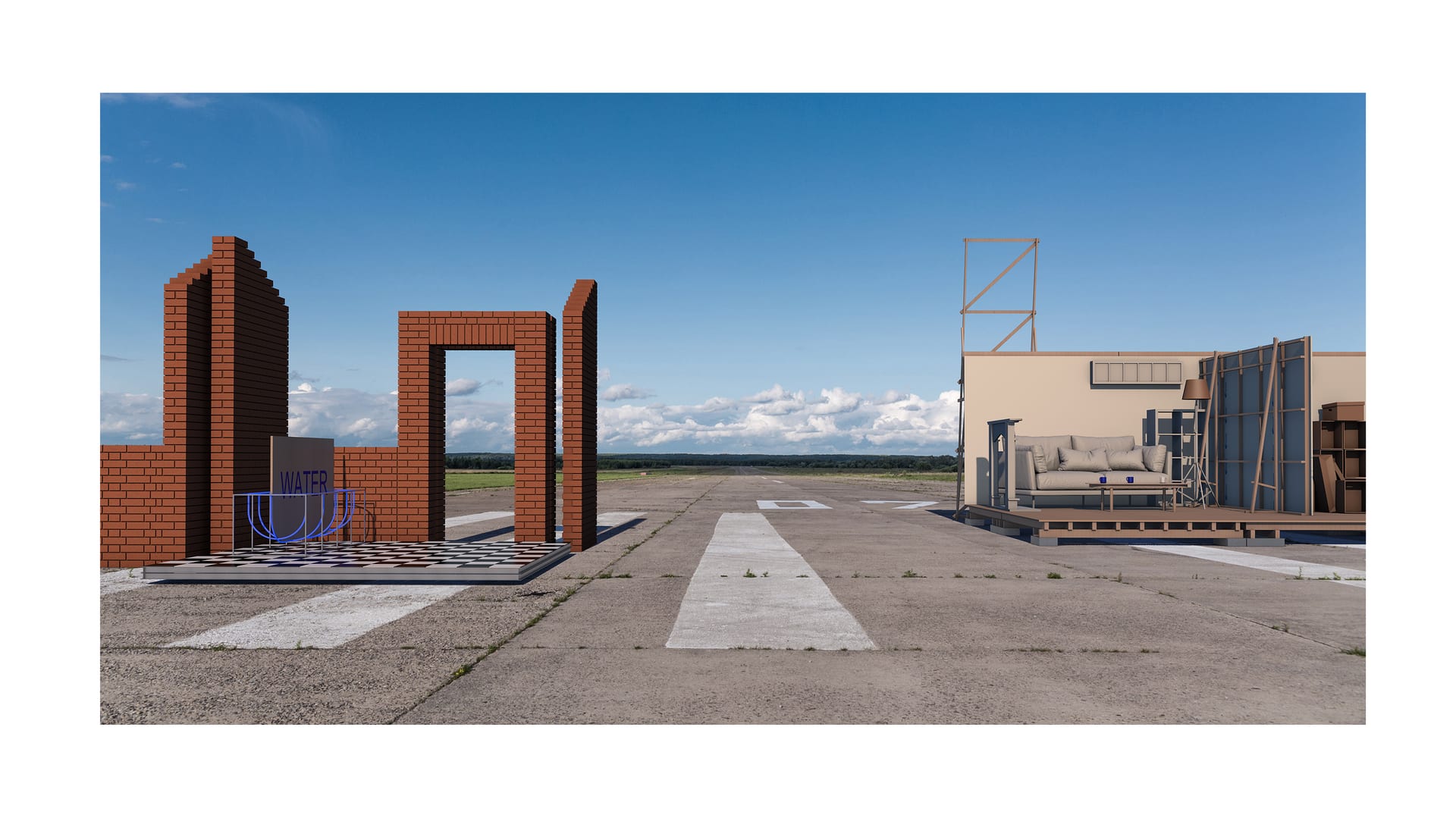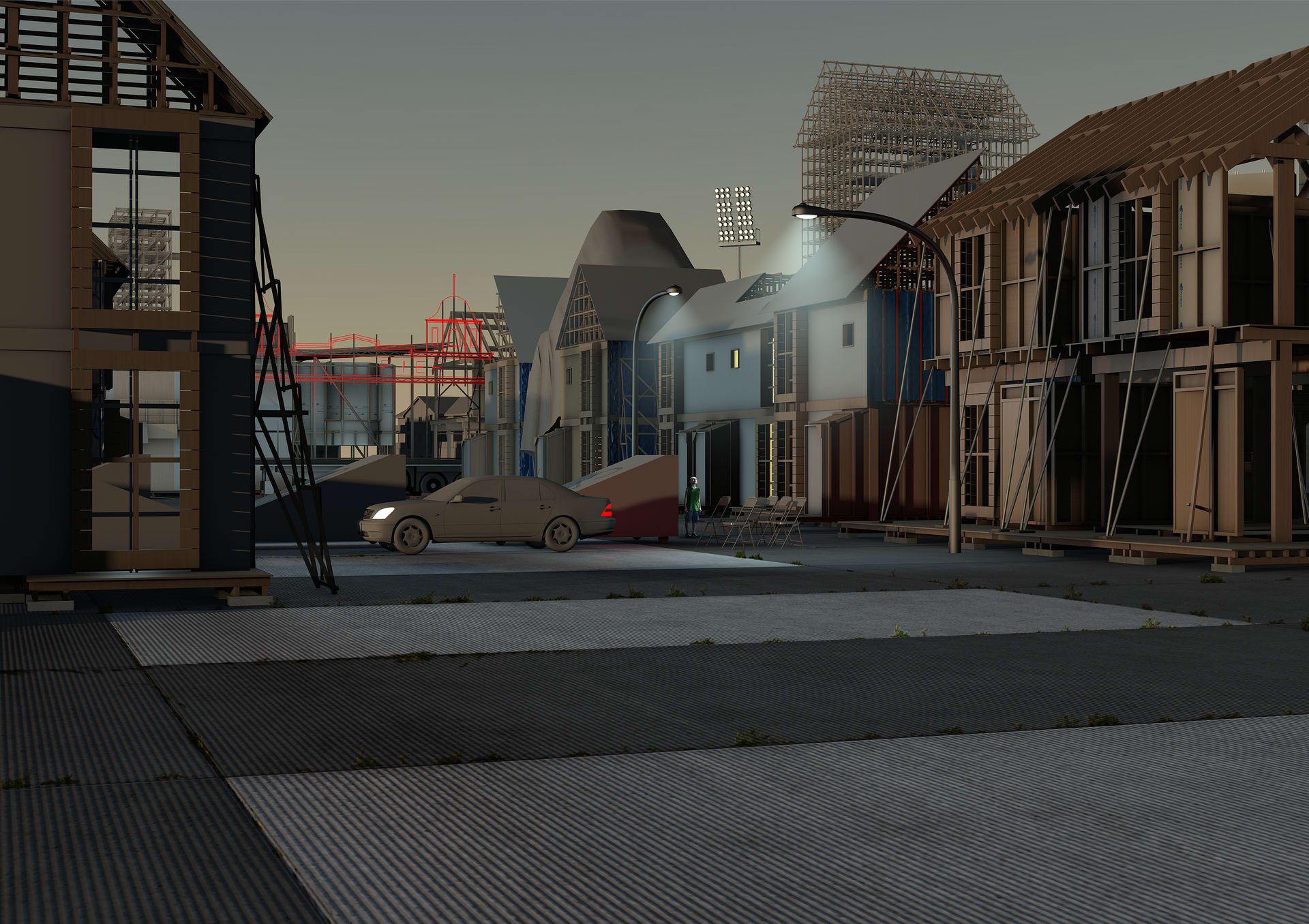The last few centuries show our ever-growing reliance on the idea that more information produces better decisions. From our climate crisis to our economic one, advancement through machine learning and predictive modelling has positioned them at the forefront, yet current situation suggests we are now beyond the predictive capacity for them to help.
Despite an increasing sophistication of the tools that we use to model the world, the accuracy with which we can predict future events has remained unchanged. In the context of this post-prediction world, where dense information gathering and reliance has started to diminish our effectiveness in prediction, the project looks to short-termism as the only rational (and responsible) strategy.
object [1]: extro-science fiction
Philosopher Quentin Meillassoux makes the point that every science fiction implicitly maintains the following truism: “in the anticipated future it will still be possible to subject the world to a scientific knowledge.” In this, he addresses the inherent issue of induction. Experience, by definition, is an attribute that can only exist in the present and the past. There is no experience of future, yet we maintain and ground through experience (i.e. induction) that tomorrow’s nature will follow the known consistencies it follows today. Coming from this, a mild steel sign of the projects world reminds us of the potential a pool shot has in doing what we expect to be impossible.
object [2]: 115cm ruler
We know climate change is occurring but for a long time it has felt like an abstraction. Its effects have not always been visible in our personal environment, however, that has started to change more dramatically. Currently, the global mean velocity of climate change stands at 0.42km/year. Meaning per day the environment shifts 115cm up/north. In this rate of change can we still rely on systems rooted in long-term projection/prediction?









